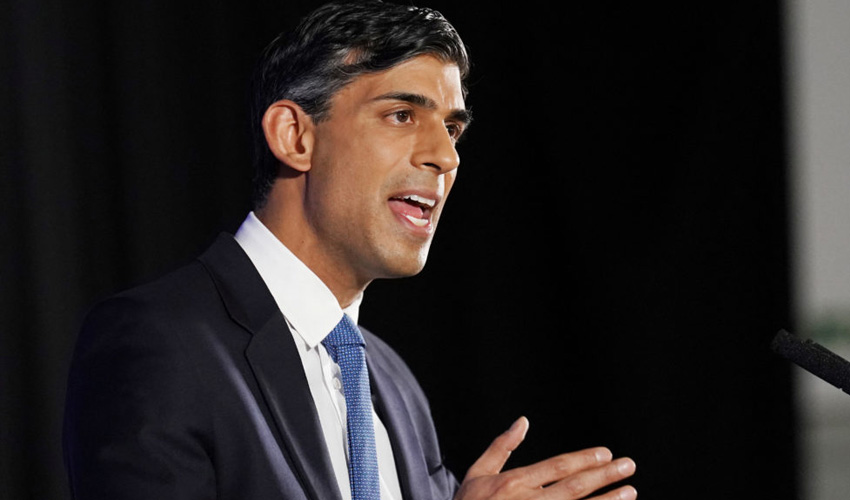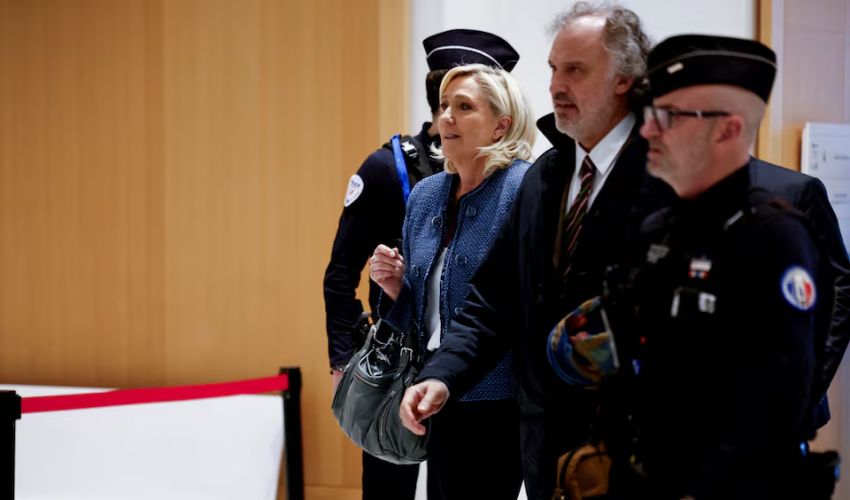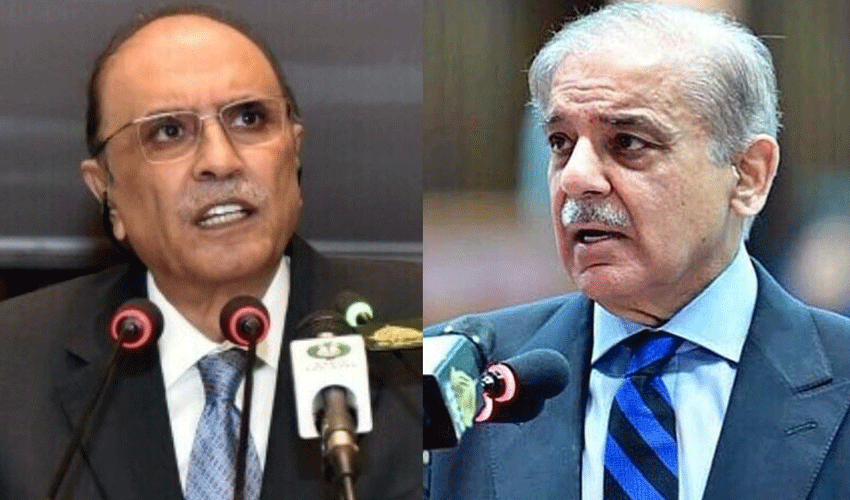After much debate, the UK parliament has finally approved a bill that will enable the government to deport asylum seekers to Rwanda so that the East African country will review their claims.
As lawmakers and activists attempt to overturn the legislation on the grounds of human rights, Prime Minister Rishi Sunak's efforts were caught between resistance in the Houses of Parliament and challenges in the British courts.
Since the British government has sent millions of pounds to Rwanda to fund a program that has not yet produced any results, Sunak's inability to carry out the policy has caused great embarrassment.
Its purpose is to discourage irregular migration to the United Kingdom, especially that of individuals entering the country on small, dangerous, and illegal boats that are arranged by criminal gangs to leave France.
The legislation, in theory, will send some people who arrive in the UK to Rwanda, where their asylum claim will be reviewed. They will remain in Rwanda if their claim is granted. The bill states that Rwanda cannot deport them to any country other than the UK if it is rejected, though it is unclear what would happen in the end in this case.
The lack of any deportations two years after the plan was conceived has been viewed by Sunak, who has previously stated that stopping small boats is a top priority, as a serious setback.
"Because there are substantial grounds for believing that asylum seekers would face a real risk of ill-treatment by reason of refoulement to their country of origin if they were removed to Rwanda," the UK Supreme Court declared the policy illegal last year.
'Refoulement' is the practice of forcing refugees or asylum seekers back to a place where they would face danger or persecution, and it goes against fundamental tenets of international human rights law.
The judges concluded that the British government could not be certain that asylum seekers would have their claims considered properly and safely due to Rwanda's lax asylum laws, its dismal human rights record, and its past non-compliance with non-refoulement agreements.
Additionally, they mentioned that Rwanda was the target of criticism from the UK government as recently as 2021 for “extrajudicial killings, deaths in custody, enforced disappearances and torture”. In response, the government introduced the Safety of Rwanda (Asylum and Immigration) Bill in January of this year, effectively putting the judges' concerns to rest by enshrining in UK law the notion that Rwanda is a safe country.
"The Safety of Rwanda Bill has passed in Parliament and it will become law within days," stated Home Secretary James Cleverly in a video that was uploaded to X on Monday.
He added that the act would “prevent people from abusing the law by using false human rights claims to block removals. And it makes clear that the UK Parliament is sovereign, giving the government the power to reject interim blocking measures imposed by European courts".
Because the UK is still a signatory to the European Convention on Human Rights, even after the bill is passed, the government may still be subject to legal challenges before the European Court of Human Rights. It has previously been prohibited by the European court from sending asylum seekers to Rwanda.
Attempts to amend the bill have caused lengthy delays. The House of Commons and the House of Lords, the two houses of the UK parliament, have been exchanging laws back and forth for months in a procedure known as "ping pong." The House of Commons, where Sunak has a majority, must vote to override any amendments made to the bill by the House of Lords.



























